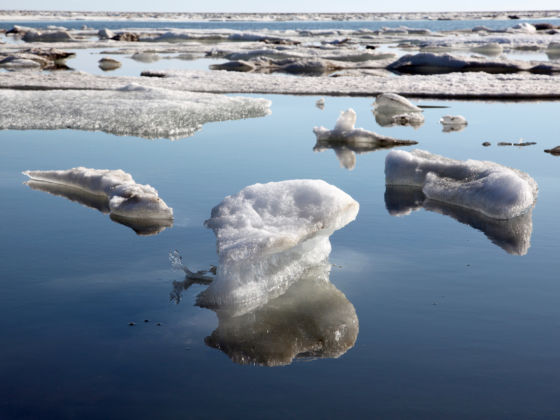Climate change is scary, and that’s probably the main reason people shrug it off as a problem for the future. “Meh,” they say, “I’ll be dead by then.” This rather perverse brand of apathy is particularly callous if you ever plan on having kids (or, you know, care at all about anyone else’s future other than your own), but it could be understandable if it were at all based in fact.
The problem is you won’t be dead by then unless you’re very old or very unlucky. Because climate change is happening now. For those of us living in the US and other developed countries, it’s slightly less alarming because most of the symptoms of human-made climate change aren’t particularly noticeable yet, with the exception of city-drowning superstorms. But for those of us who like to leave our home countries from time to time, there’s a solid chance we’ll be coming face to face with climate change a lot sooner than everyone else. Here’s why.
